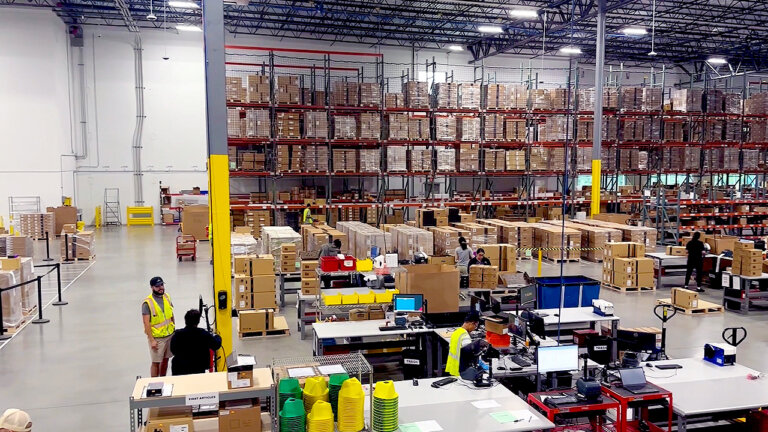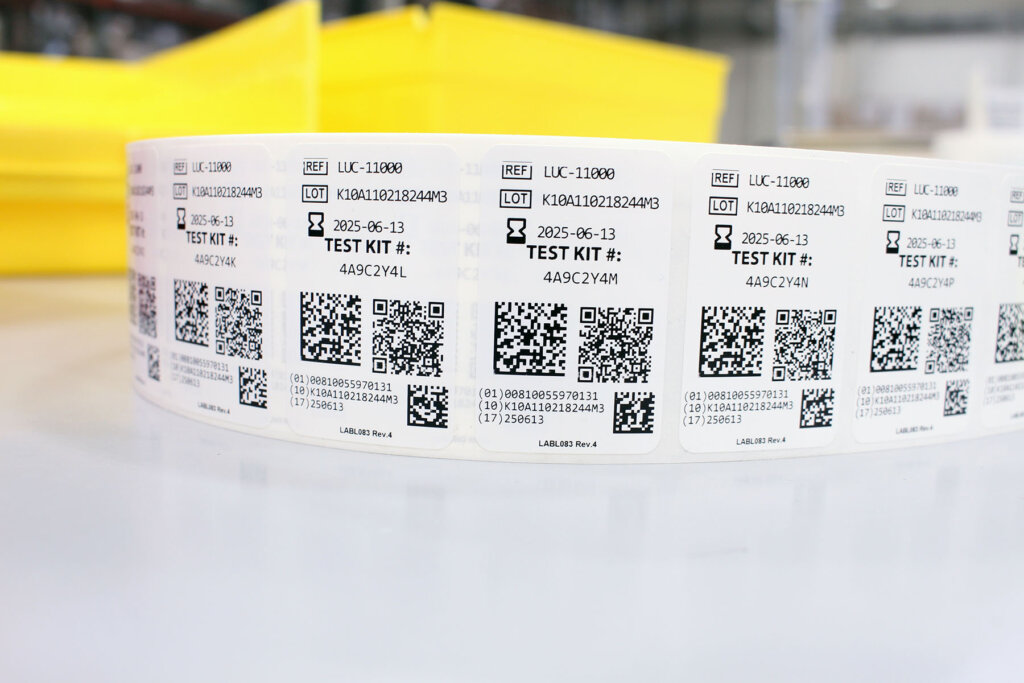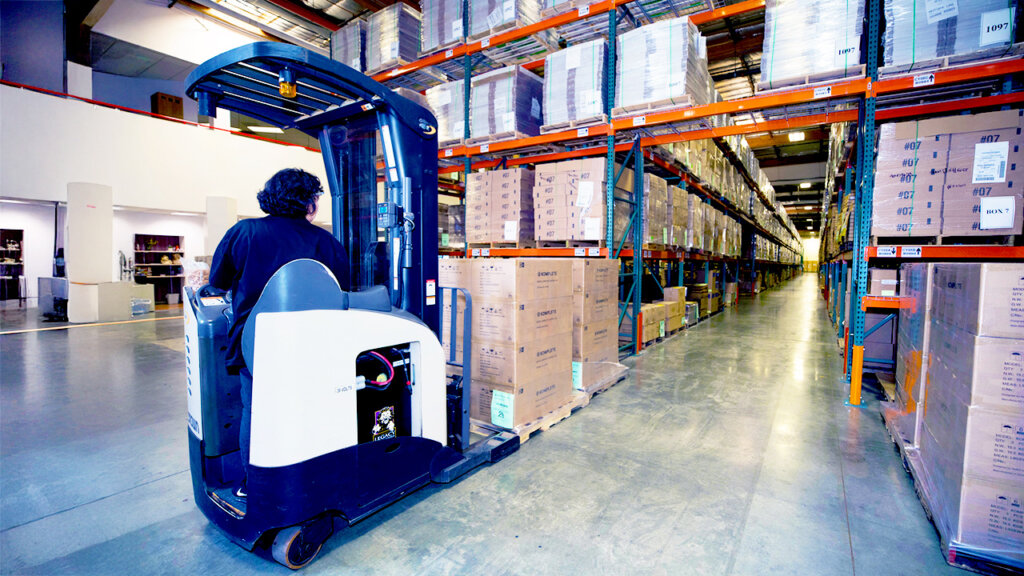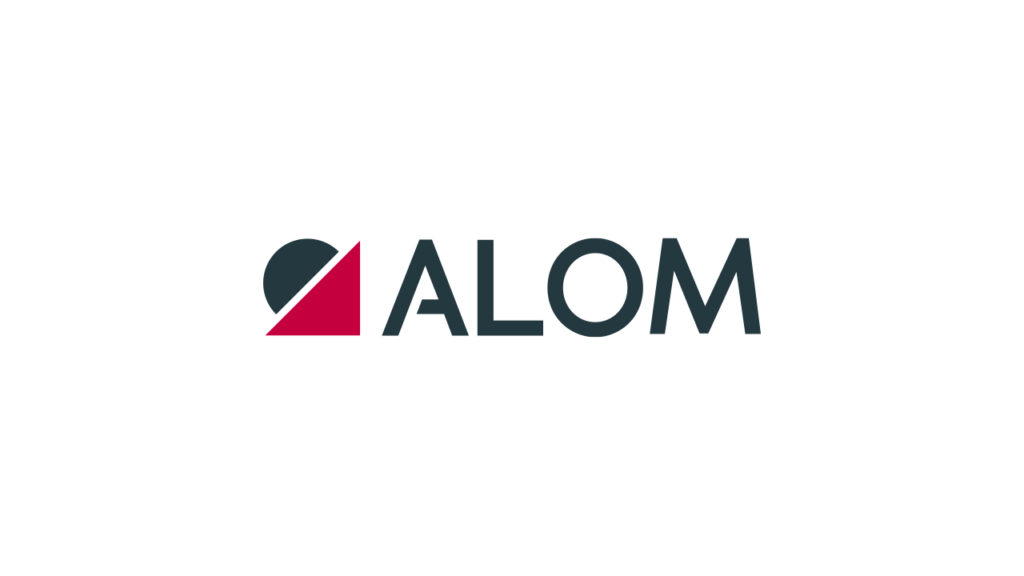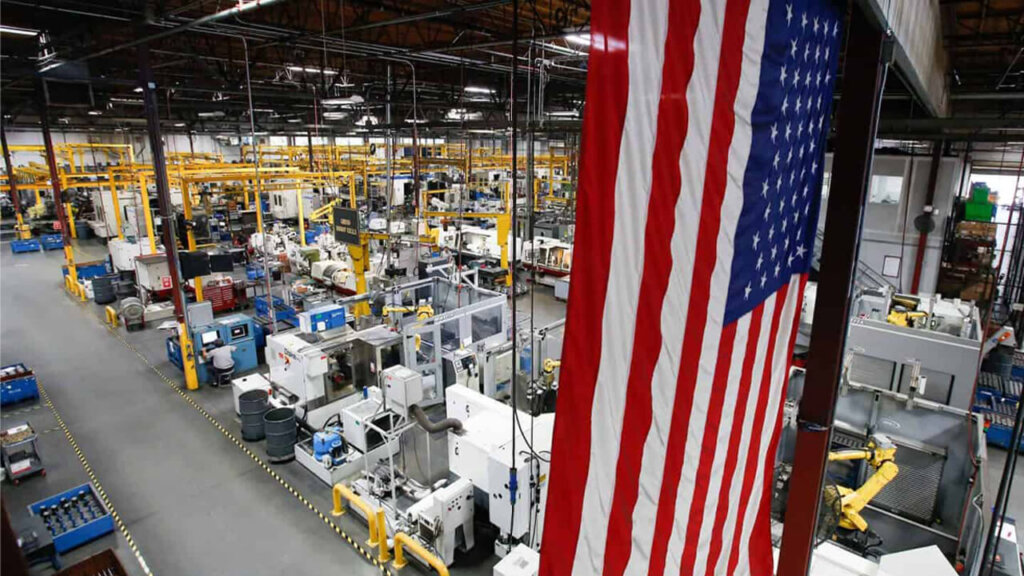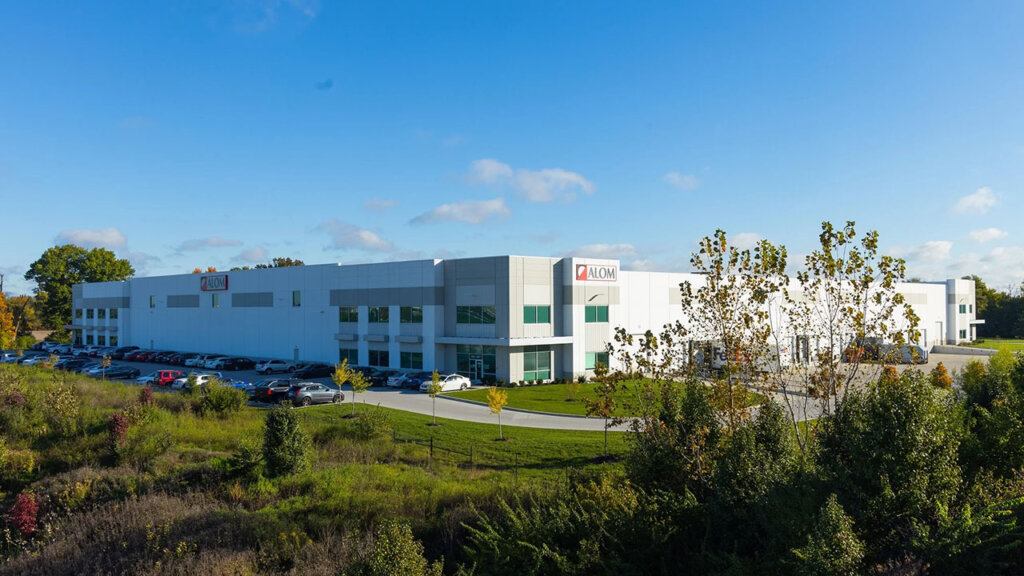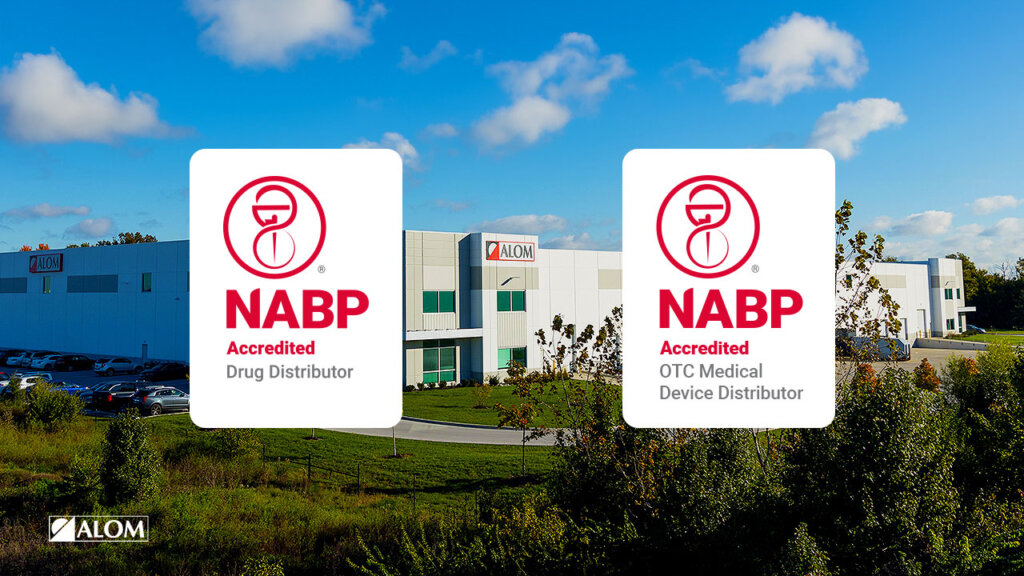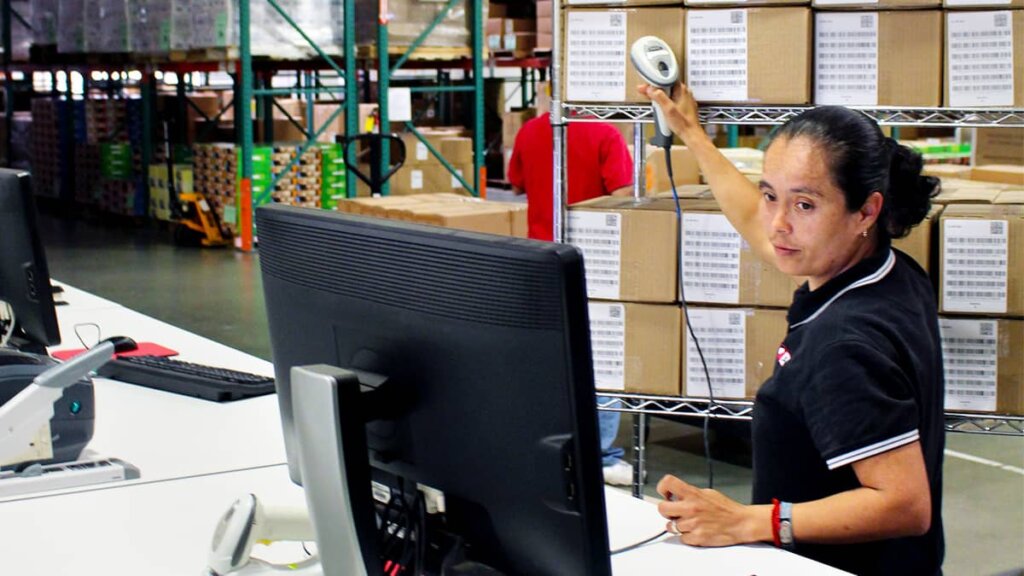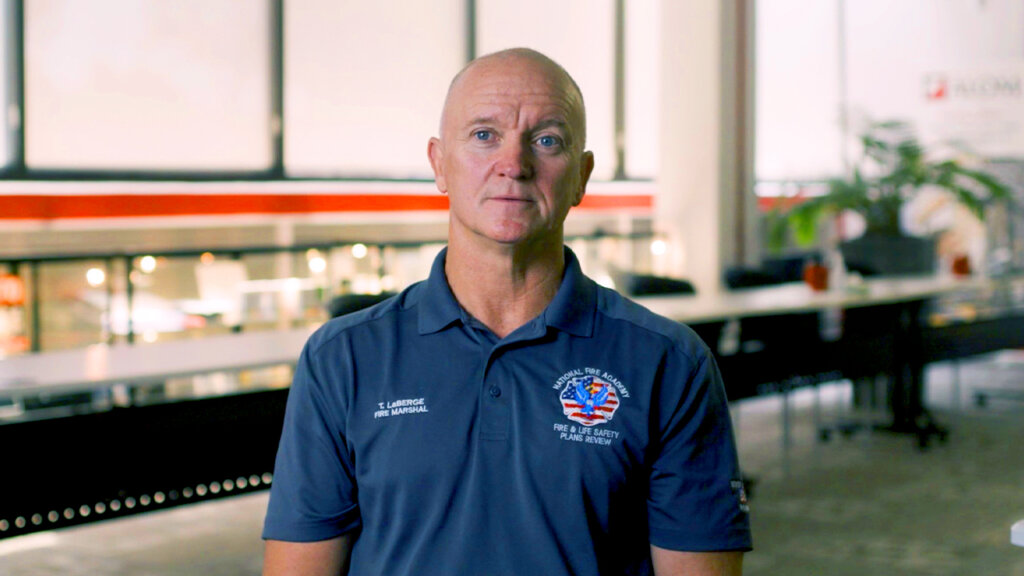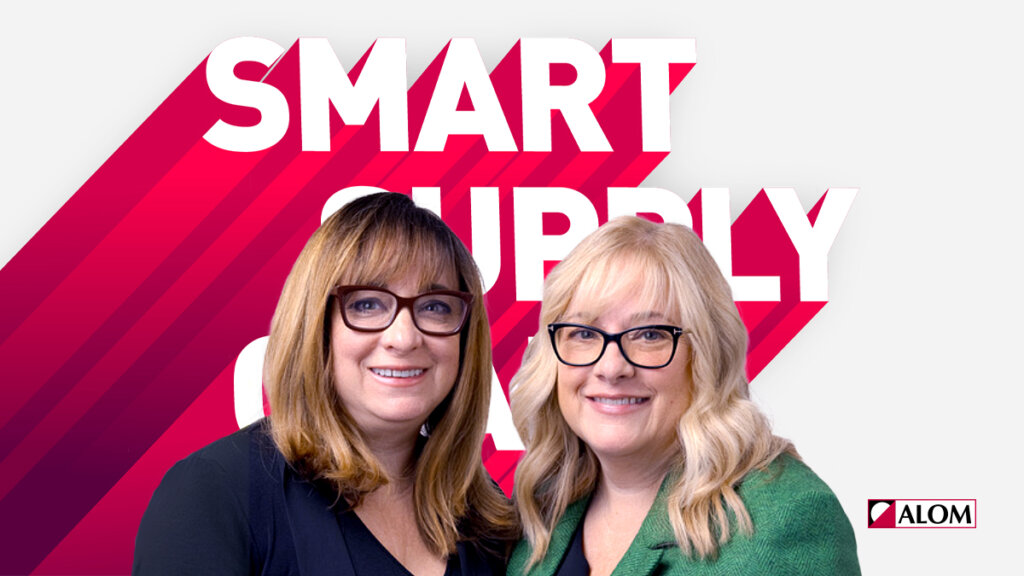Medical device and life sciences manufacturers face unique supply chain challenges that make vendor-managed inventory (VMI) solutions both valuable and vulnerable. With complex regulatory requirements, strict traceability demands, and special storage and handling, medtech companies need more than basic inventory management.
VMI can provide an effective solution to handle the various supply chain challenges faced by medical technology companies. When a VMI partner manages inventory, medtech companies can reduce costs while ensuring stringent compliance standards are maintained. The stakes are particularly high with increasingly complex software-enabled devices, where component tracking must extend from manufacturing through distribution to potential recalls.
This blog examines five key areas to consider when selecting a storage and shipping facility for medical and life sciences products.
1. Environmental Factors for Medical Device Storage: Temperature and Humidity-Controlled Solutions
Medical products often require specific storage conditions, such as temperature and humidity controls. Your supplier must be able to control these factors and provide calibrated, accurate monitoring systems and document compliance at all times. For certain products, excursions may be allowed such as a one-day deviation from the controlled settings, making it crucial that measurements are documented, compiled and stored safely. Ultimately, products must leave the storage facility in full compliance with requirements, ensuring safety and readiness for patient use.
2. Traceability, Expiration, and Lot Control in Medtech Inventory
It sounds basic, but in reality, it is complex: Systems must be able to deal with product requirements. For medical products, traceability of lot numbers is often crucial. Many products also have expiration dates. While suppliers often have FIFO systems (First In, First Out), for medical products, it may be required that the supplier can deal with FEFO (First Expiration date, First Out). Systems should also be able to handle different expiration restrictions, such as never shipping a certain product if the expiration date is less than a specified time interval. For instance, you may not want a retailer to receive a product that is just about to expire, as an imminent expiration may prevent the retailer from adding the product to their shelves. Even if you send products to end-users, you do not want the product to be on the cusp of expiration. The end-user may not be able to use the product immediately. Yet, the tolerance for cutting it closer on a direct-to-consumer delivery may be higher, as you do not have to add shelf time at the retailer level. Can your shipper handle varying requirements based on product type and order type?
Having advanced and controlled systems that can be customized by customer, product type, or even order type will reduce obsolescence and inventory costs, while also increasing customer satisfaction.
3. Facility Cleanliness to Avoid the Yuck Factor or Worse
Facility control and cleanliness is a must for medical products. You do not want to insert pest or debris into your products. The reputational risk and cost of having your product displayed on social media with disgusting attributes is not worth it. Make sure your storage facility has pest control and follow a 5S (or 6S) program with strong cleaning protocols and hygiene. This ensures compliance, reduces risks, and protects brand reputation.
4. Integrated Storage, Production, and Kitting solutions for Medical Devices
A storage facility may be FDA registered but not registered for production and kitting. Imagine a scenario where your sales team has sold bundling solutions or a special SKU to a retailer or to a hospital. You “just” need to overlabel or bundle two products. But your storage-only facility may not be registered to provide these services. By selecting a provider who can both perform storage and production services, you will save considerably: You do not need to move the product to another supplier, costing you time, money, freight, and extra carbon footprint.
5. Dealing with Cybersecurity, HIPAA, and Data Protection in Medical Storage
Many medical devices now include digital components such as firmware or software. The last thing you want to happen is getting malware or spyware onto your device. Storage facilities must have the technical expertise to refresh digital content while maintaining version control and cybersecurity.
The stakes increase even further if the product contains sensitive personal information. Products may be returned to the storage facility with the personal information of the last user-patient. Data management now becomes a HIPAA issue, in addition to a data privacy and cybersecurity concern. Select a supplier with the appropriate security measures and preferably documented certifications, such as SOC2, as well as strong Privacy Protocols and training. Of course, physical security should also be assessed to ensure full integrity of your product.
Another important cyber capability is traceability to the end-user, ensuring that the correct device information is matched with a particular customer. This may be critical, for instance, if device measurements are used for medical diagnosis or test results are attributed based on the device’s serial number. Needless to say, the accuracy and integrity of the data capture become critical.
ALOM combines FDA-registered, SOC 2-certified facilities with over 28 years of expertise in the medical technology sector, as well as duplication services. Our integrated VMI solutions safeguard compliance, reduce risk, and deliver efficiency. Contact us to schedule a compliance tour or discuss your storage requirements.
In our next blog, we will examine the pitfalls and value of VMI solutions and the part that takes place outside the four walls of the storage facility.
- Posted in: 3PL

